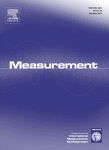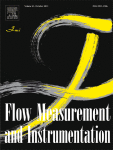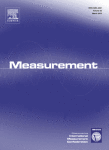 In 2014, researchers condemned the Spanish Government for “destroying the R&D horizon of Spain and the future of a complete generation” in the acknowledgment section of a paper about wireless networks.
In 2014, researchers condemned the Spanish Government for “destroying the R&D horizon of Spain and the future of a complete generation” in the acknowledgment section of a paper about wireless networks.
Three years later, the two last authors of the paper are protesting that protest, issuing a correction to alert readers that they did not approve the language. Here’s the text of the corrigendum notice, which mentions Juan M. Górriz and Javier Ramírez, both based at University of Granada: Continue reading Curious: A paper’s acknowledgments harshly criticized Spanish gov’t funding. Now two authors object.
 Yesterday we reported that
Yesterday we reported that  A computer scientist in Malaysia has lost two papers for faked peer reviews, and another for duplication. A fourth paper on which he is a co-author appears to have simply disappeared.
A computer scientist in Malaysia has lost two papers for faked peer reviews, and another for duplication. A fourth paper on which he is a co-author appears to have simply disappeared.